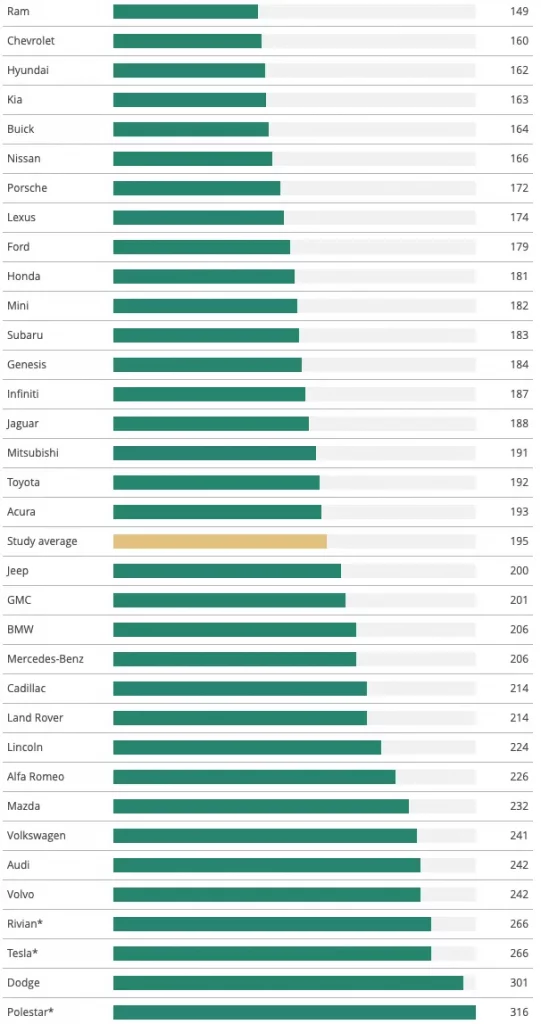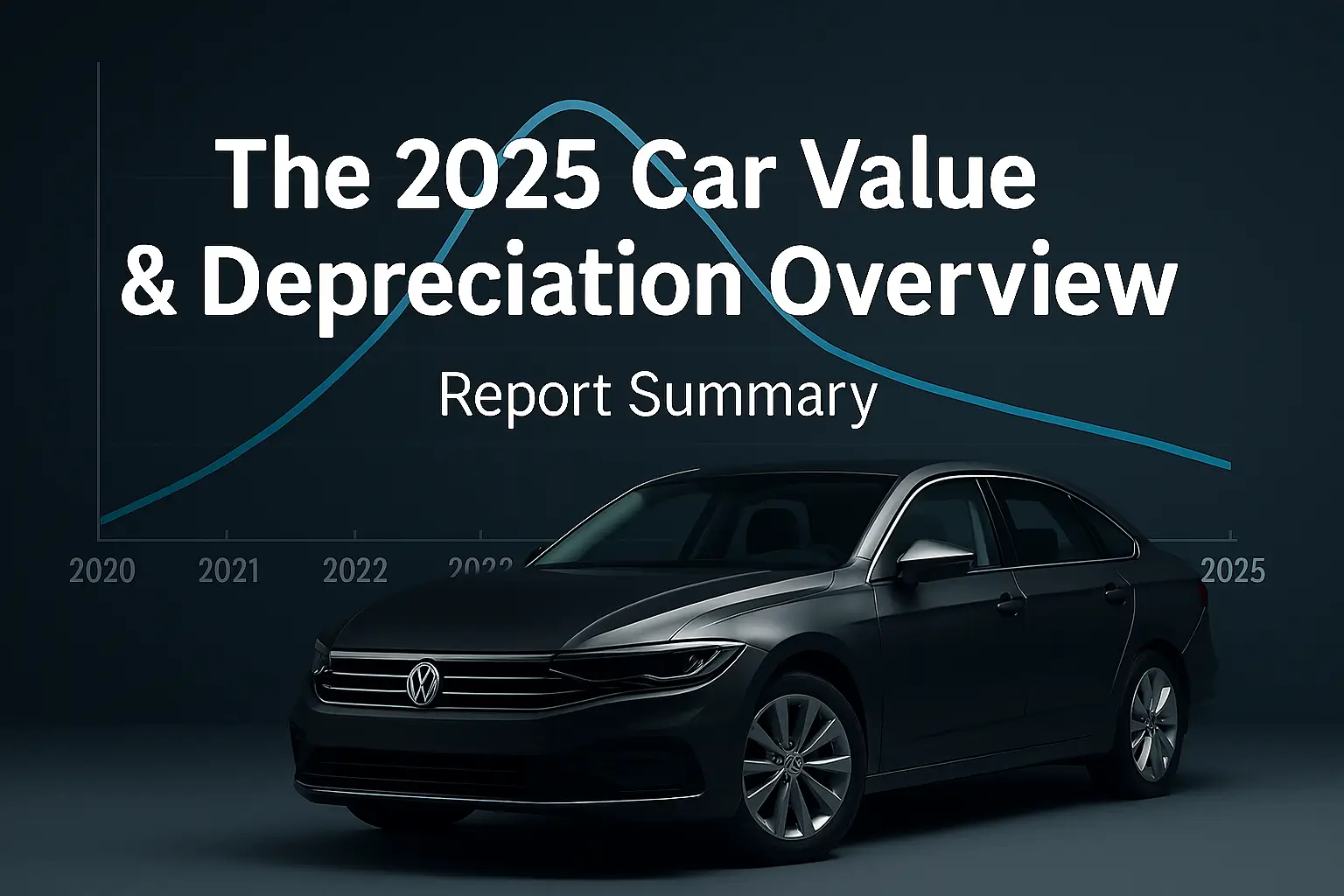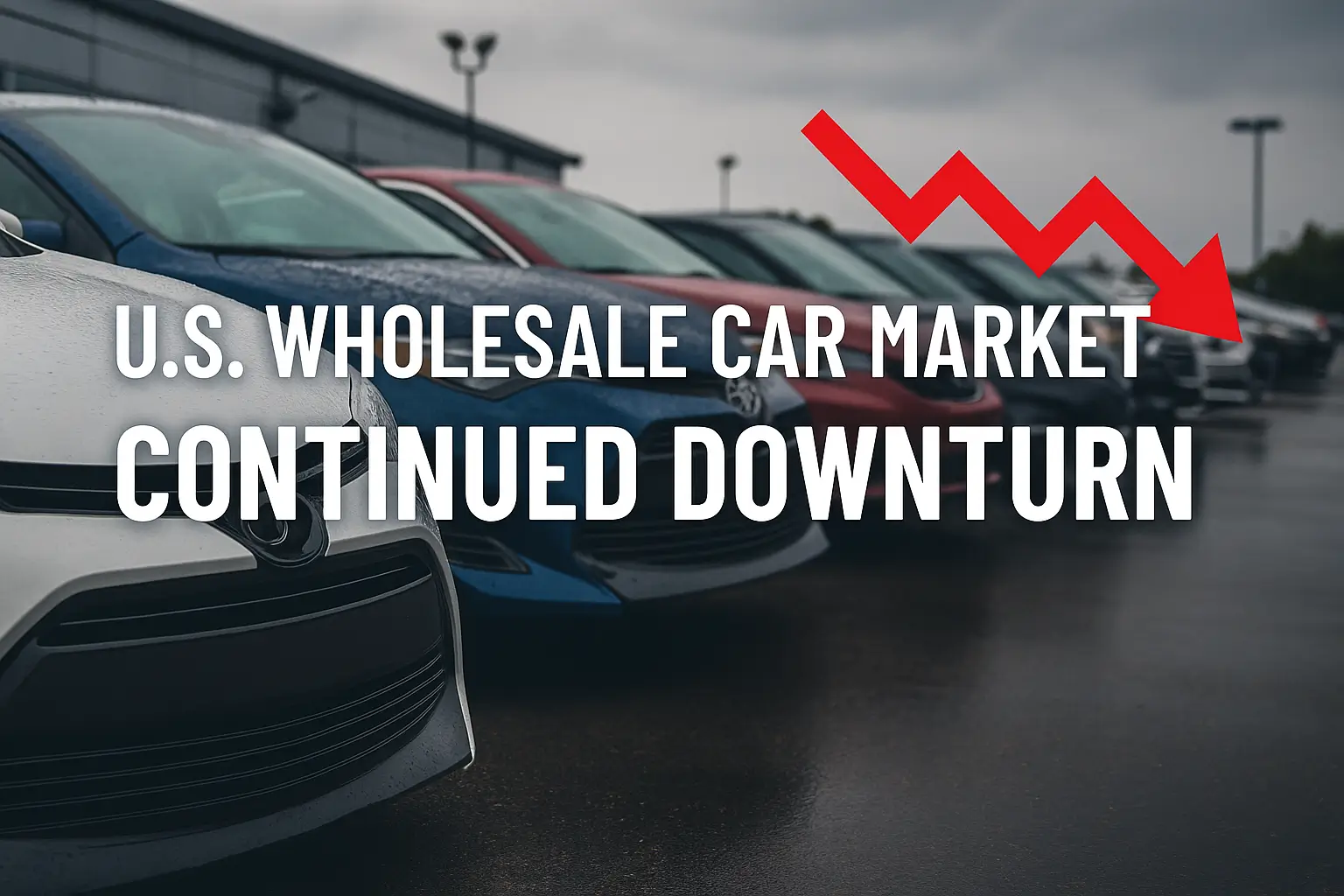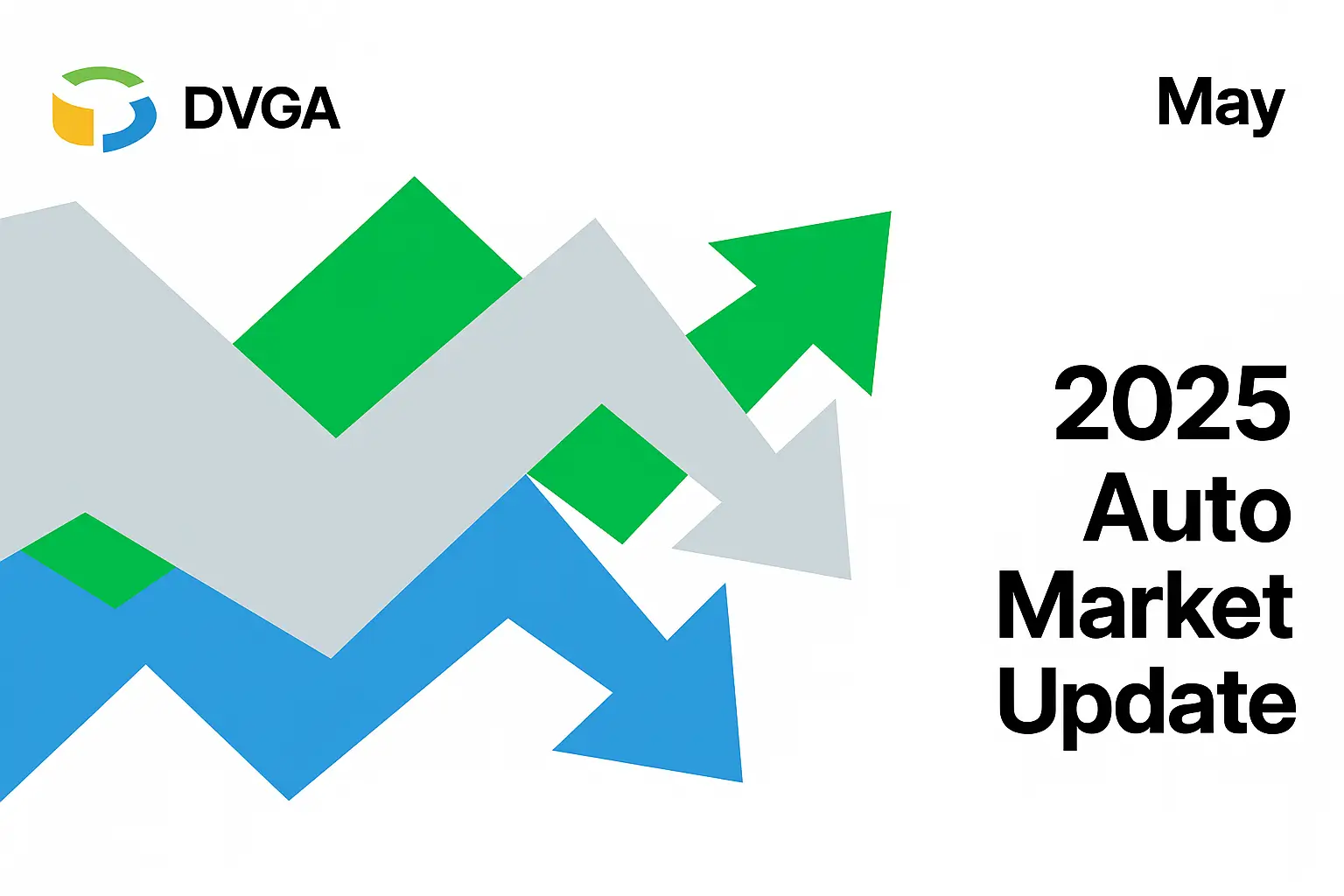Ram and Porsche have risen to the top in the 2024 J.D. Power U.S. Initial Quality Study, marking significant milestones for these brands. Let’s dive into the details of the study and explore what sets these automotive leaders apart.
Top Quality Automotive Brands of 2024: Expert Analysis (PDF)
2024 Automotive Quality Rankings by Brand

Ram’s Triumph: A Closer Look
For the second time in four years, Ram has secured the top spot in the J.D. Power U.S. Initial Quality Study. With 149 problems per 100 vehicles, Ram outperformed other brands significantly. Frank Hanley, senior director of auto benchmarking at J.D. Power, highlighted that Ram excelled in numerous areas, especially their infotainment systems. This achievement is a testament to Ram’s commitment to quality and customer satisfaction.
Ram brand CEO Chris Feuell expressed pride in this accomplishment, noting, “This recognition is particularly uplifting because our customers are extremely demanding. Satisfying them to the point where we rise above every other brand in the industry is a testament to the boundless creativity of our designers and engineers, and the unwavering dedication of our assemblers and dealers.”
Porsche’s Premium Performance
Porsche ascended to the pinnacle of the premium brand category, improving significantly from its runner-up position last year. Recording 172 problems per 100 vehicles, Porsche showcased marked enhancements in quality. Their leap to the No. 1 premium brand is particularly noteworthy, given their overall seventh-place ranking.
This success stems from Porsche’s unwavering commitment to detail and relentless pursuit of customer satisfaction. Their vehicles are celebrated not only for their stellar performance but also for upholding superior quality standards, cementing Porsche’s reputation as a top-tier premium brand.
Rising Stars: Chevrolet, Hyundai, and Kia
Chevrolet, Hyundai, and Kia made notable jumps in this year’s rankings. Chevrolet secured the second spot, moving up three places from last year. Hyundai’s leap from 17th to third place is remarkable, indicating significant improvements in their quality. Kia also showed consistent performance, securing the fourth spot.
These brands have focused on addressing key quality issues, improving their technology integration, and enhancing overall customer satisfaction. Their efforts reflect in the reduced number of problems reported by owners, showcasing their commitment to quality improvement.
Challenges Faced by Other Brands
While some brands soared, others faced challenges. Stellantis stablemate Dodge, which led the industry in 2023, dropped to last place in 2024. This plunge was influenced by the discontinuation of popular models like the Challenger and Charger, leaving Dodge with a limited lineup.
Alfa Romeo and Cadillac also saw declines due to issues with new model launches. Alfa Romeo’s plug-in hybrid Tonale and Cadillac’s first EV, the Lyriq, encountered initial quality problems, affecting their overall scores.
Electric Vehicles: A Mixed Bag
The study revealed that electric vehicles (EVs) and plug-in hybrids required more repairs than their gasoline-powered counterparts. EVs were brought back to dealerships at a rate three times higher than traditional vehicles. This indicates that while EV technology is advancing, there are still significant hurdles to overcome in terms of quality and reliability.
False Warnings and Connectivity Issues
A major pain point for many vehicle owners was false warnings from driver-assist technologies and connectivity issues. Systems like rear cross-traffic warnings and automatic reverse emergency braking often provided inaccurate alerts, frustrating users. Additionally, problems with Android Auto and Apple CarPlay connectivity were prevalent, with many users experiencing difficulties connecting their devices or losing connections during use.
Quality Comparison: Year-over-Year Changes
Thirteen brands improved their scores in the 2024 study compared to the previous year. Notable improvements include Hyundai, which reduced its problems by 26 points, and Infiniti, which improved by 25 points. However, some brands like GMC and Cadillac saw significant increases in problems, highlighting areas needing attention.
Here’s a detailed look at how the brands’ scores changed from 2023 to 2024:
| Brand | 2024 Problems per 100 Vehicles | 2023 Problems per 100 Vehicles | Change (Improvement/Increase) |
|---|---|---|---|
| Ram | 149 | 141 | +8 |
| Chevrolet | 160 | 166 | -6 |
| Hyundai | 162 | 188 | -26 |
| Kia | 163 | 170 | -7 |
| Buick | 164 | 162 | +2 |
| Nissan | 166 | 180 | -14 |
| Porsche | 172 | 167 | +5 |
| Lexus | 174 | 171 | +3 |
| Ford | 179 | 201 | -22 |
| Honda | 181 | 190 | -9 |
| Mini | 182 | 179 | +3 |
| Subaru | 183 | 185 | -2 |
| Genesis | 184 | 176 | +8 |
| Infiniti | 187 | 212 | -25 |
| Jaguar | 188 | 185 | +3 |
| Mitsubishi | 191 | 193 | -2 |
| Toyota | 192 | 194 | -2 |
| Acura | 193 | 207 | -14 |
| Study Average | 195 | 192 | +3 |
| Jeep | 200 | 191 | +9 |
| GMC | 201 | 167 | +34 |
| BMW | 206 | 192 | +14 |
| Mercedes-Benz | 206 | 201 | +5 |
| Cadillac | 214 | 170 | +44 |
| Land Rover | 214 | 203 | +11 |
| Lincoln | 224 | 208 | +16 |
| Alfa Romeo | 226 | 143 | +83 |
| Mazda | 232 | 203 | +29 |
| Volkswagen | 241 | 249 | -8 |
| Audi | 242 | 221 | +21 |
| Volvo | 242 | 250 | -8 |
| Tesla* | 266 | 257 | +9 |
| Dodge | 301 | 140 | +161 |
| Polestar* | 316 | 313 | +3 |
* Note: Tesla and Polestar are not rank eligible because they do not meet study award criteria.
Interior Smell Complaints
Interestingly, complaints about interior smells increased, with customers reporting musty or chemical odors, particularly from the HVAC systems. This marks a shift in customer tolerance, as the new-car smell, once cherished, is now a point of contention for many.
Conclusion: What Does This Mean for the Automotive Industry?
The 2024 J.D. Power U.S. Initial Quality Study provides valuable insights into the current state of automotive quality. Brands like Ram and Porsche have set a high standard, demonstrating that continuous improvement and attention to customer feedback are crucial for success. The rise of brands like Hyundai and Kia shows that strategic efforts to enhance quality can yield significant results.
However, the challenges faced by EVs and certain new model launches indicate that the industry still has hurdles to overcome. As technology evolves, so must the approaches to quality and customer satisfaction.
What do you think the automotive industry needs to focus on to further improve vehicle quality and customer satisfaction?



